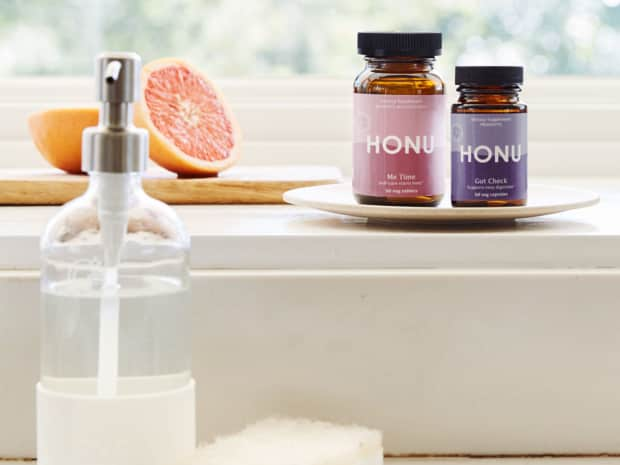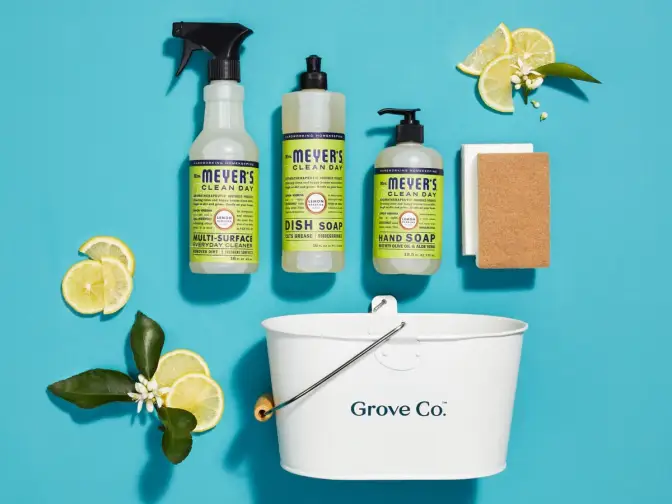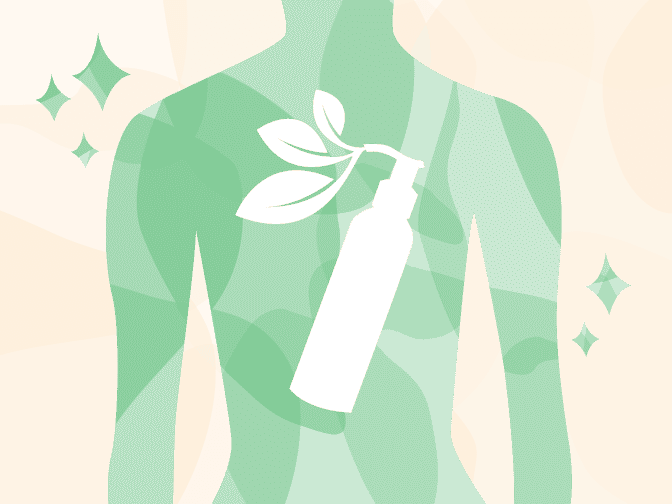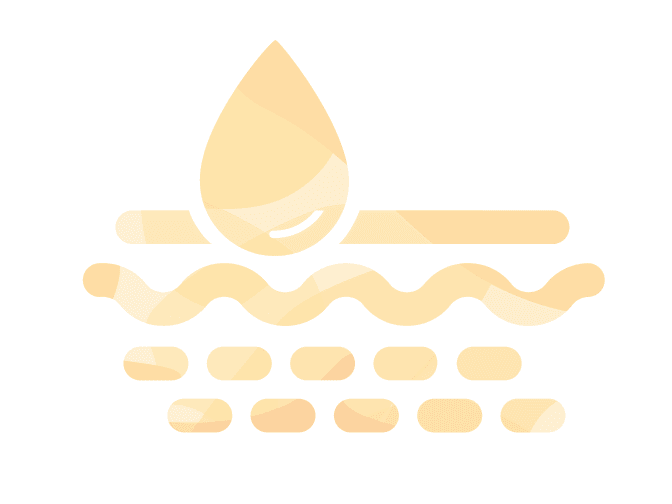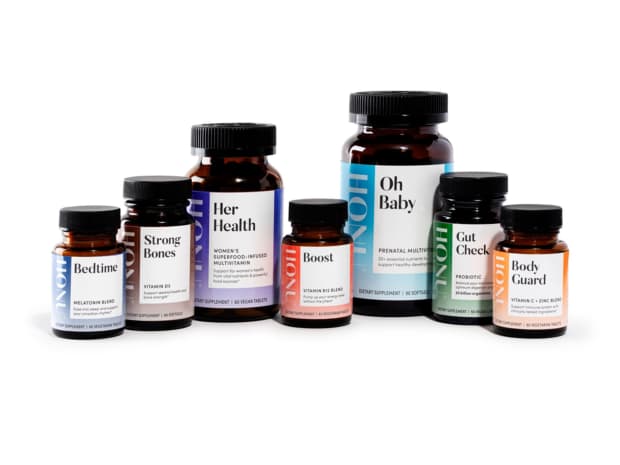Before we dive into the differences between probiotics and prebiotics, we should look at the differences between good bacteria and bad bacteria when it comes to your body.
Everybody has bacteria in their bodies and this is how we build up our immunities to illnesses, viruses, and germs we encounter every day. The collection of bacteria in your body is also called your “microbiome.” Your microbiome is made up of mostly good and some bad bacteria.
What are the bad bacteria?
Bad bacteria aren’t always that bad. If we have enough balance in our digestive and immune systems, bad bacteria really don’t do much to our bodies. In fact, they sometimes work with the good bacteria to help us build immunity to other germs and illnesses.
But if there is not enough good bacteria and too much bad bacteria, then some more serious illnesses can occur like auto-immune diseases or cancer. This is the reason why we still try to avoid the bad germs and bacteria by wiping down surfaces and washing our hands.
What are the good bacteria?
The good bacteria live in our respiratory systems and in our digestive systems. According to the National Center for Health Research, they help digest our foods (carbs and sugars mainly), absorb toxins, monitor white blood cells, repair tissue, and protect cells from pathogens.
Their most important function, though, is to take up enough space so that bad bacteria can’t take over in our internal systems. If the good bacteria in our body gets depleted (from antibiotics, an illness, or a bad diet or health), then bad bacteria have more chances to take over and make us sick, especially causing digestive issues. That’s why it’s important to supplement after an antibiotic with a probiotic, which adds good bacteria back to your body.
Note: These statements have not been evaluated by the Food and Drug Administration. This product is not intended to diagnose, treat, cure, or prevent any disease.

